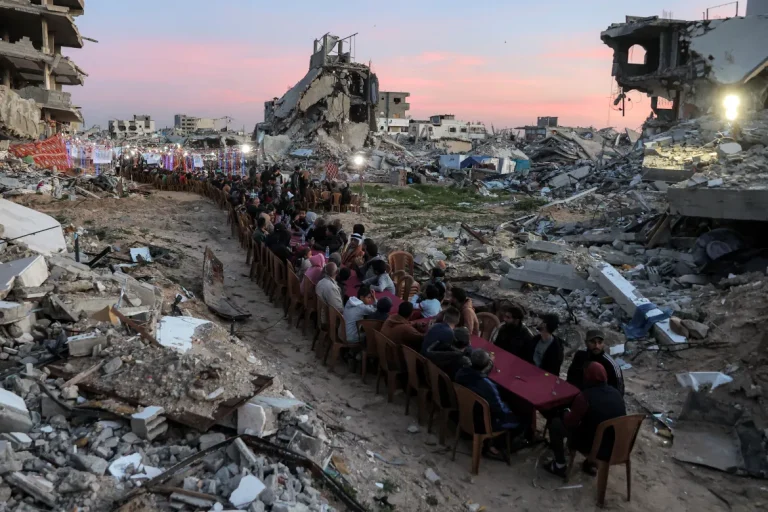
Mmusi Maimane, Chairperson of the National Assembly’s Standing Committee on Appropriations, says the committee is focused on ensuring valid grant payments aren’t disrupted as Parliament prepares for a critical budget vote. Image: Creamer Media.
(The Post News)– Next week’s parliamentary vote on the Appropriation Bill could make or break the national budget, and right now, the outcome is anything but certain.
After finalizing its report on the bill last Friday, the Standing Committee on Appropriations is gearing up to present it to the National Assembly on Wednesday. This marks the final step in getting the budget over the line, but political fractures within the Government of National Unity (GNU) have thrown a spanner in the works.
Chairperson of the committee, Mmusi Maimane, confirmed that the committee followed legal advice carefully throughout the process, especially in light of heated disputes around certain ministers still facing corruption allegations. “We are not here to debate the conditions,” Maimane said, referring to the controversy over grant payments. “The only debate we are putting forward is that where there’s validity, grant payment must be done. Ultimately, there should be no disruption to the payment of valid grant recipients.”
At the heart of the issue is whether all GNU partners can set aside their differences to pass the bill. While the Democratic Alliance (DA) has made it clear they won’t back budgets tied to “compromised” ministers, the committee has taken a neutral stance, refusing to wade into political battles. They have, however, flagged concerns about delays caused by internal party conflicts, which disrupted public hearings on the bill. In their report, the committee recommended a review of how these hearings are managed in the future.
Only the MK Party formally rejected the committee’s report. But that doesn’t mean smooth sailing ahead. Parliament officials have already started planning for the possibility that the budget doesn’t pass, which would have serious consequences for government operations. On Thursday, during a program committee meeting, National Assembly Secretary Masibulele Xaso explained to party whips the process that must be followed to approve the bill. The Appropriation Bill is critical because it authorizes the release of money to every government department. If it doesn’t pass, funding freezes, unless Parliament agrees to bend its own rules and try again later in the year. https://www.ewn.co.za/2025/07/18/report-on-appropriation-bill-finalised-for-presentation-to-national-assembly
Speaker Thoko Didiza made it clear that Parliament’s job isn’t to mediate political disagreements. “Where the issues are of a political nature, I think different political parties will have to engage. What we deal with is more the process,” she said. The ANC’s chief whip, Mdumiseni Ntuli, suggested a strategy to handle the more controversial budget votes: deal with them last. That way, parties might still find common ground on less disputed votes before reaching the more divisive ones. Time is running out, and Wednesday’s vote is now the focus of national attention. If the budget falls through, it could stall everything from grant payments to service delivery.
Email: Journalist-Nkosinathi@thepostnews.net



